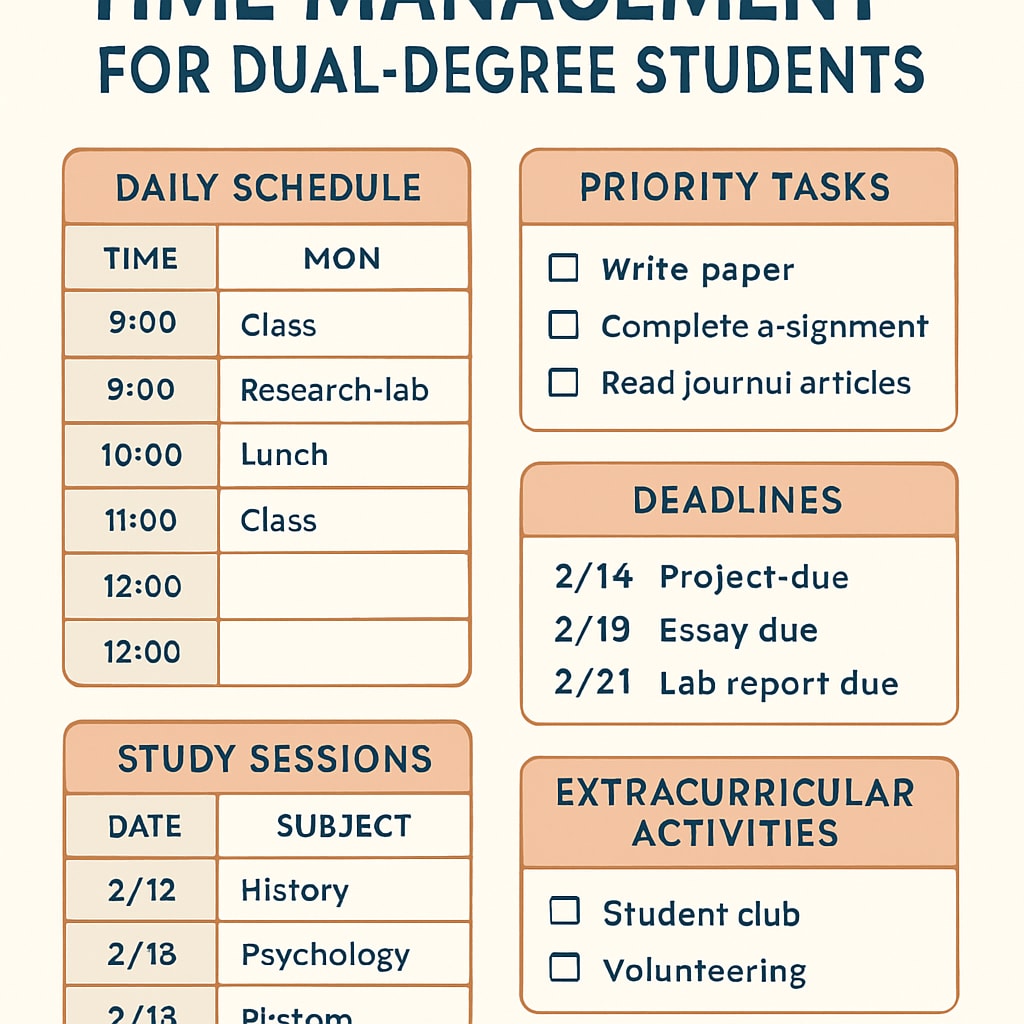Pursuing an online second degree while studying mechanical engineering has become an increasingly popular strategy for students aiming to enhance their career prospects. By combining the technical rigor of mechanical engineering with diverse fields such as business, computer science, or economics, students can achieve a unique edge in the competitive job market. This article examines the advantages, challenges, and strategic considerations of earning dual degrees, and provides practical advice for balancing academic responsibilities.
The Strategic Value of Combining Mechanical Engineering with an Online Second Degree
Mechanical engineering is a versatile discipline, offering opportunities in industries ranging from automotive to aerospace. However, as industries evolve, the demand for multidisciplinary expertise grows. A second degree—especially one earned online—can complement your engineering knowledge and make you a more attractive candidate to employers.
For example, pairing mechanical engineering with a degree in computer science equips you with skills in programming, data analysis, and automation—all of which are in high demand for roles involving robotics or AI-driven manufacturing. Similarly, combining it with business administration prepares you for leadership roles, offering insights into project management, finance, and strategic decision-making.

Popular Fields to Pair with Mechanical Engineering
Choosing the right second degree is crucial. Below are some of the most popular fields that complement mechanical engineering:
- Business Administration: Ideal for aspiring project managers or entrepreneurs, this degree provides skills in leadership, financial management, and organizational strategy.
- Computer Science: Highly relevant for roles in automation, robotics, and software development, this field enhances your coding and data analysis capabilities.
- Economics: Offers insights into market dynamics and financial planning, valuable for engineers working in consultancy or planning sectors.
- Physics: Deepens your understanding of mechanical principles, making it a natural fit for research-intensive roles or academia.
Each field presents unique benefits but also comes with challenges. For instance, computer science programs may require significant time investment to master coding languages, while business administration often involves group projects that require strong time management skills.
Balancing Dual Degrees: Challenges and Practical Tips
While the dual-degree path offers immense benefits, it also demands discipline, time management, and strategic planning. Here are some tips to help you succeed:
- Set Priorities: Determine which degree requires more immediate focus based on deadlines and workload.
- Use Scheduling Tools: Leverage apps like Google Calendar or Notion to organize classes, assignments, and exams.
- Leverage Online Flexibility: Take advantage of recorded lectures and self-paced modules to adjust your learning schedule.
- Seek Support: Utilize university resources, such as academic advisors, to help you manage your dual-degree plan.
Additionally, try to align your coursework so that skills gained in one program can directly benefit the other. For instance, a coding project in computer science could complement your mechanical engineering capstone. This synergy not only saves time but also deepens your learning experience.

Career Prospects Post-Dual Degrees
The combination of mechanical engineering with a second degree opens up diverse career pathways. Graduates can pursue roles such as:
- Automation Engineer: Merging mechanical expertise with coding skills to design smart manufacturing systems.
- Product Manager: Utilizing both technical and business knowledge to oversee product development cycles.
- Consultant: Applying economic or business insights to advise companies on engineering-related challenges.
Employers value candidates who can bridge technical and non-technical domains. According to a U.S. Bureau of Labor Statistics report, roles that require interdisciplinary skills often come with higher salaries and faster career progression opportunities.
Conclusion: Is a Dual Degree Right for You?
Ultimately, the decision to pursue a dual degree depends on your career goals, interests, and capacity to manage additional responsibilities. While the journey may be demanding, the long-term benefits—including enhanced employability and broader career options—often outweigh the challenges. If you’re a mechanical engineering student ready to invest in your future, an online second degree might be the perfect step forward.
Readability guidance: The article emphasizes short, focused sections, clear transitions, and actionable advice. It avoids excessive technical jargon, making it accessible to both students and professionals.


